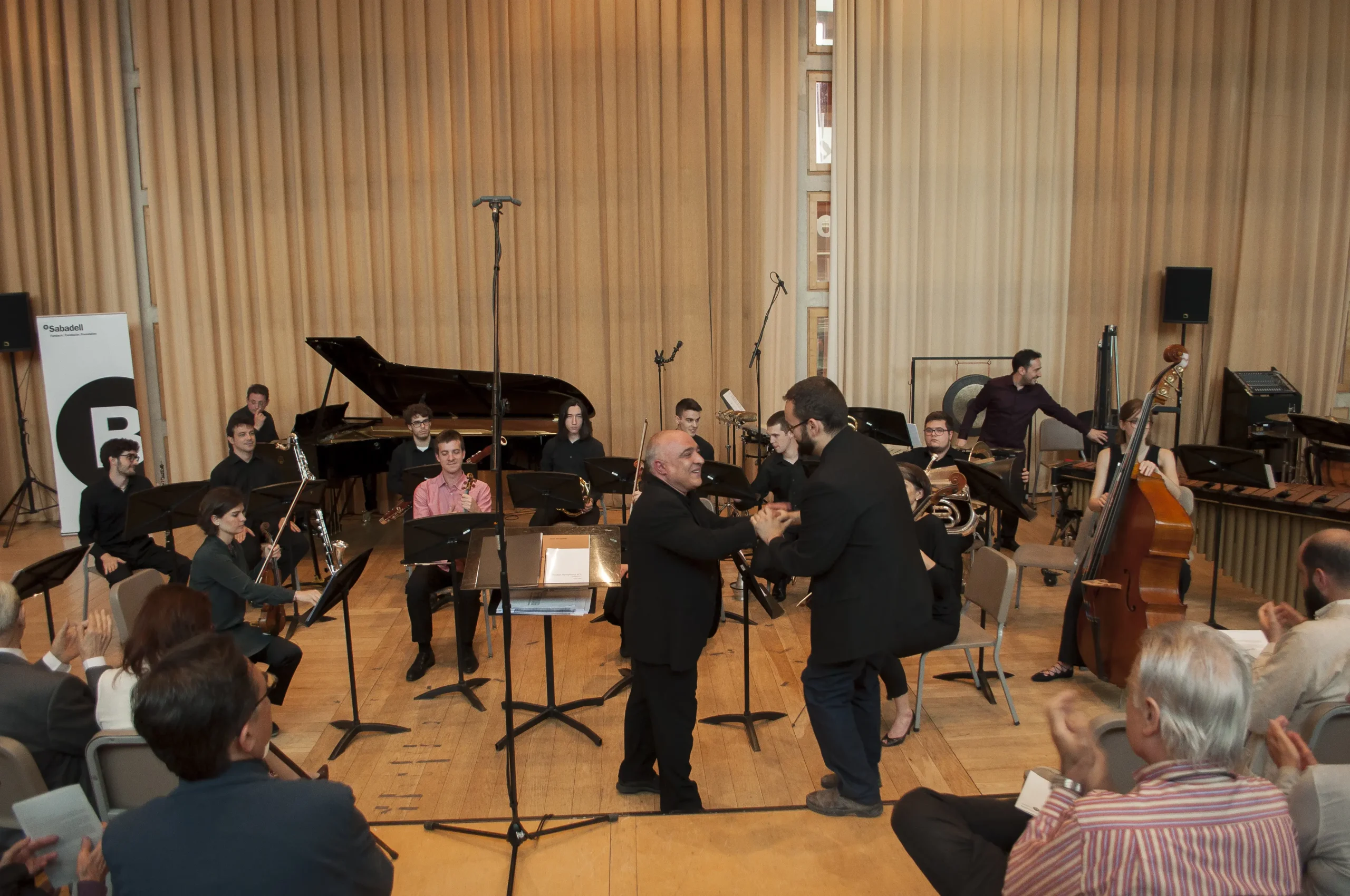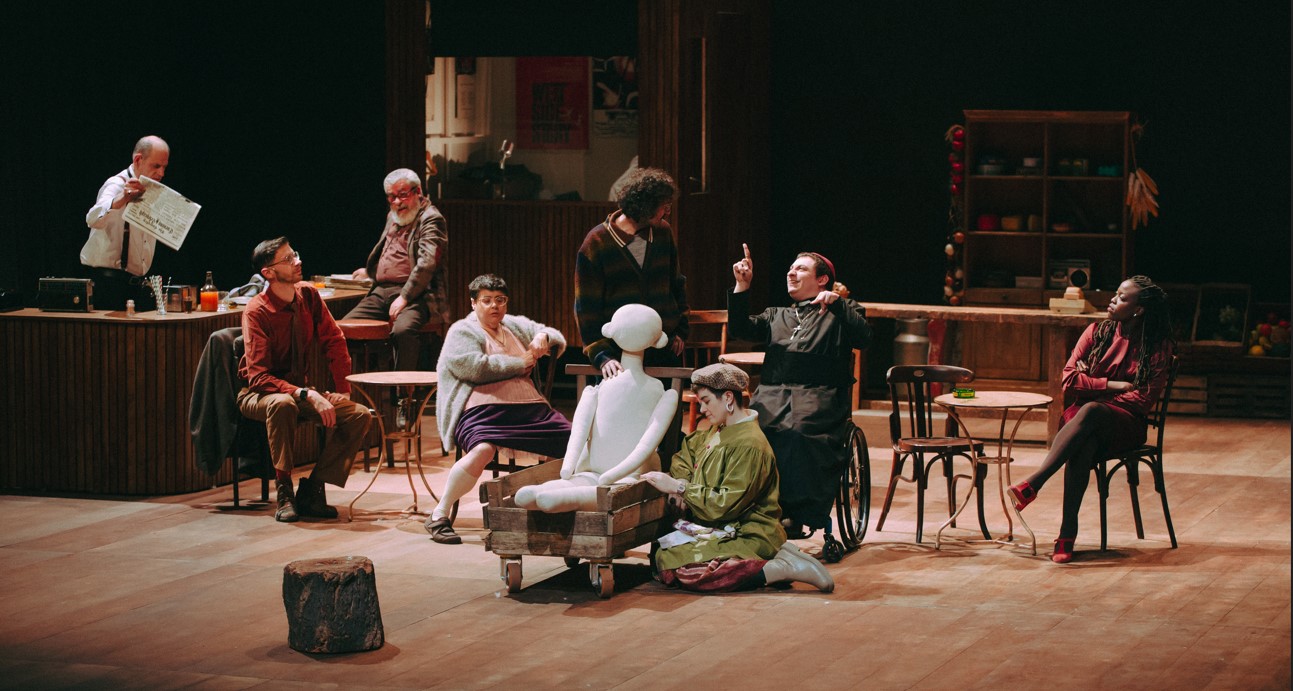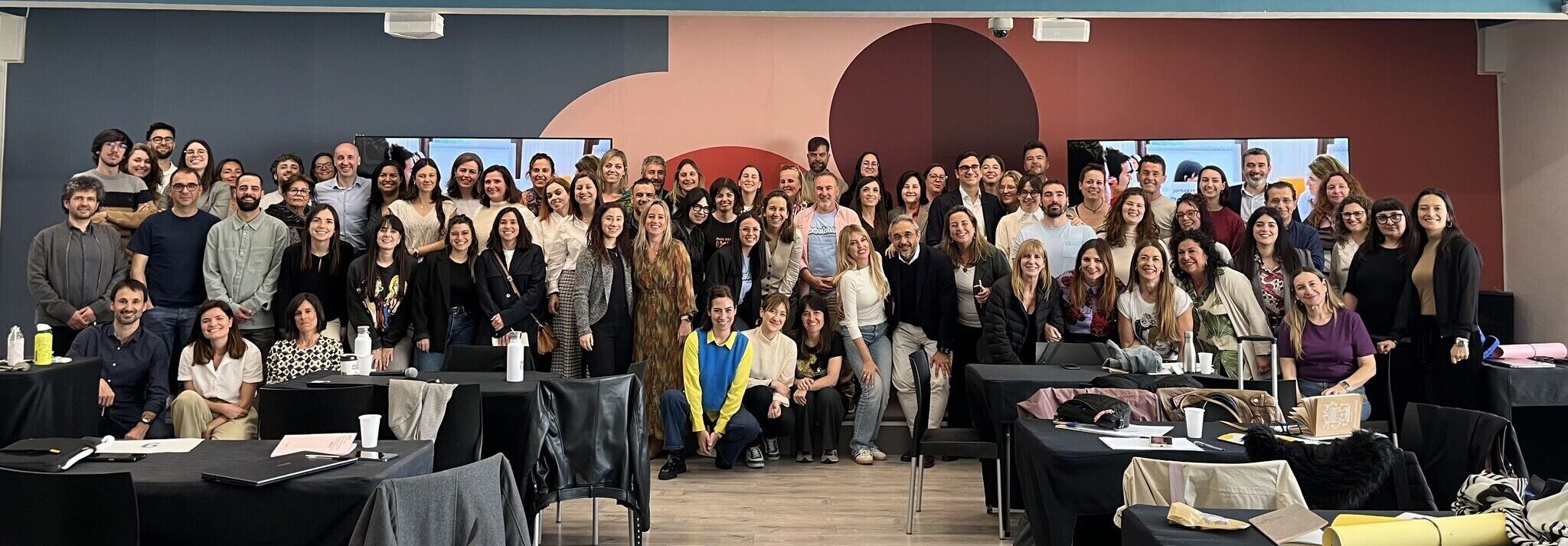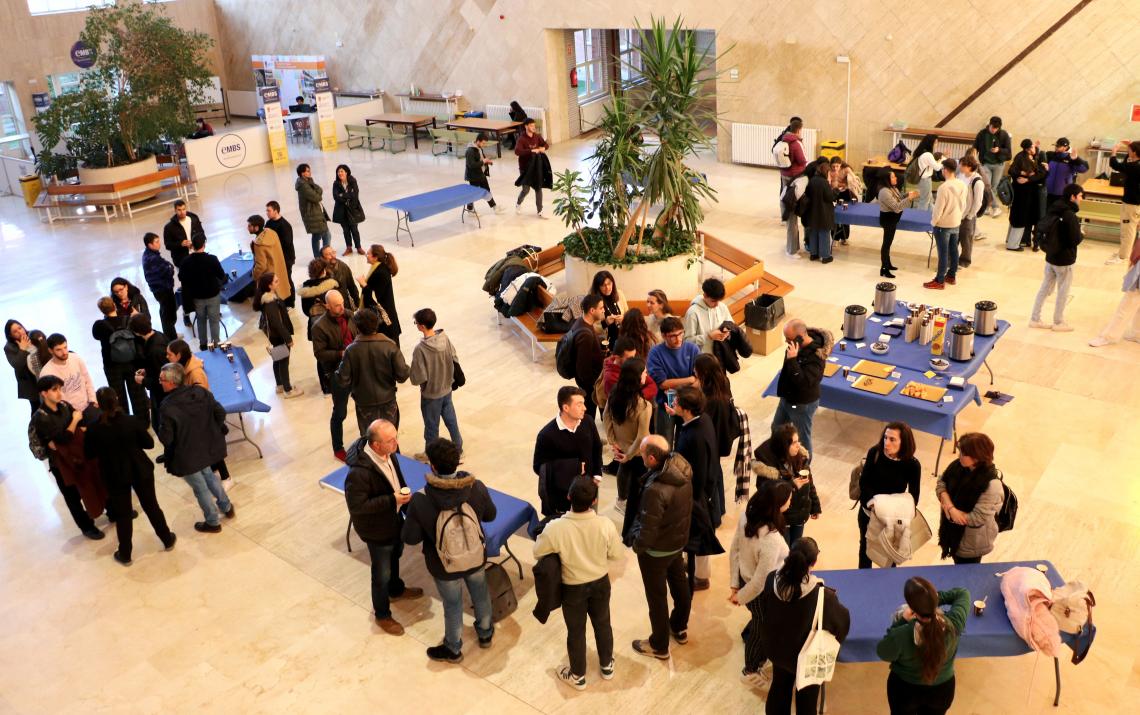
The panel of judges of the 15th edition of the International Joan Guinjoan Prize for young composers, awarded by the Escola Superior de Música de Catalunya (ESMUC) has awarded the prize to Antonio Moral from Cordoba, for his piece ‘Aljibe de Absoluta Complacencia’ which was selected from 145 pieces, submitted by participants from up to 37 different nationalities.
Find out more about the winner and his award winning piece…
What inspired you to write the winning piece?
Aljibe de Absoluta Complacencia forms part of a series of works I have been creating around painting. The plastic artist Ismael Moral Jurado and myself work together, we work to bring plastic arts and music closer together. My personal interest lies in the “essence of the creation process of plastic works” Elements such as energy, drive and their direct relationship with colour and structure all act as a base to obtain original material. And all of this is fixed in a temporary framework, which is what I try to articulate in a structured manner.
What does winning the Joan Guinjoan Award mean to you?
To me, winning the Joan Guinjoan Award, apart from being an honour, represents a huge step forward in my career, allowing me to leap onto the stage, and thanks to this, it gives me the opportunity to share my music, whilst also being supported.
How would you define the sounds that you compose, your personal audio signature?
In the sound that I look for in my music, colour is very important to me. Sometimes, tone defines other parameters such as harmony and texture, the use of extended technical instruments etc. For example, the combination of enclosed harmonic spaces means that the instruments and harmonic parameters can be identified. On the other hand, discourse is also very important to me, I try and follow a clear structural line.
From your point of view, what position is contemporary music currently in?
I think that contemporary music is still a largely unknown genre, and what is even worse, it is still largely unknown even within this group of music. For me, it is very surprising that instrumentalists, singers and orchestra conductors still don’t have a close approach to this topic. I think that this problem arises because it is sometimes difficult to get this music to the classrooms, due to difficulties in the assigning of rights and acquisition of materials etc. There are few education centres in which the orchestras play current music, and maybe this is what significantly impedes people from discovering it. Or it could also be due to things such as the “Contemporary Music Workshop” being optional. I don’t know if this situation exists throughout Spain, but at least where I come from, I do find this to be a problem. I think that in order for contemporary music to be heard by the public, it must first be heard in musical training environments.


